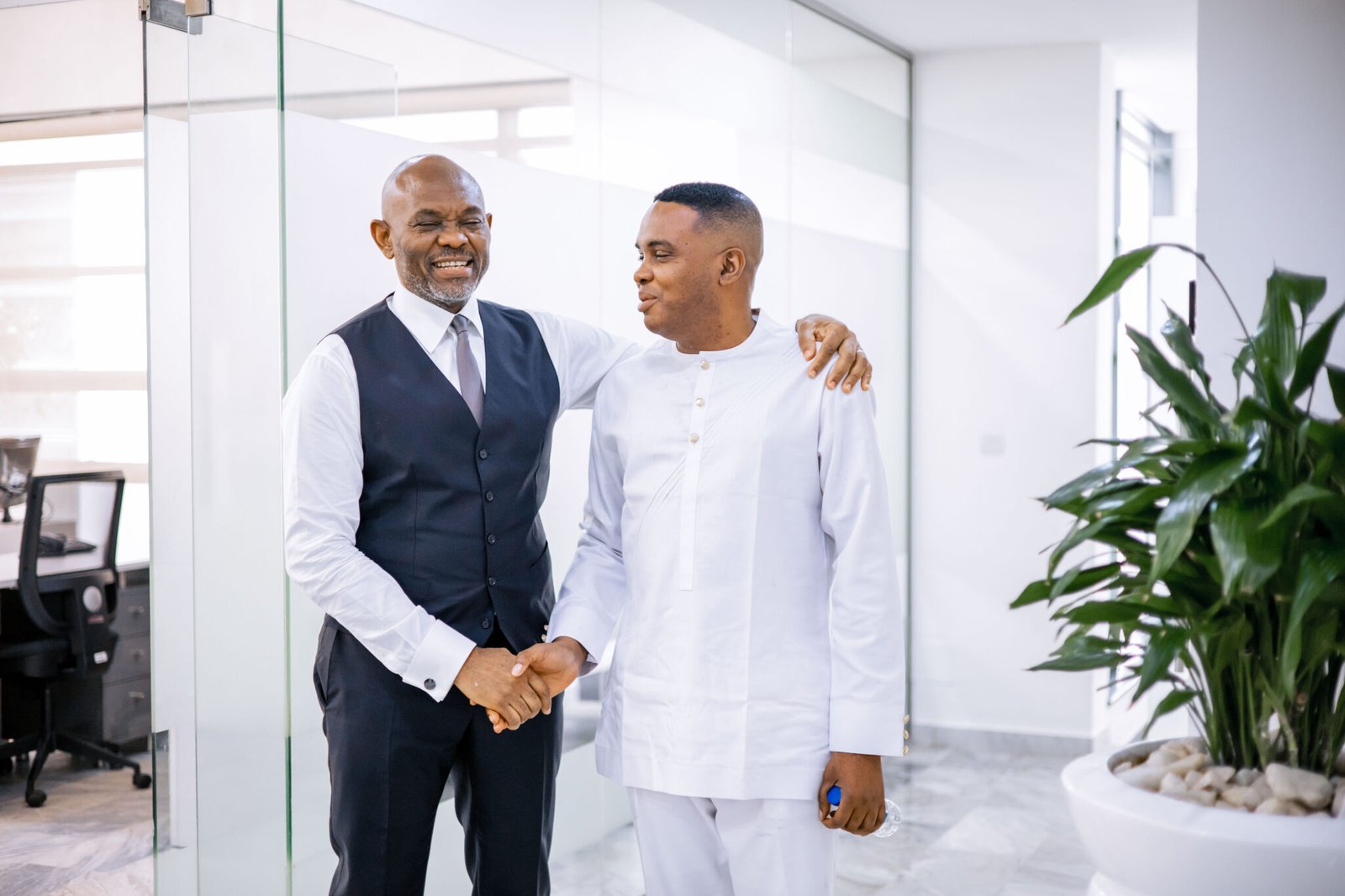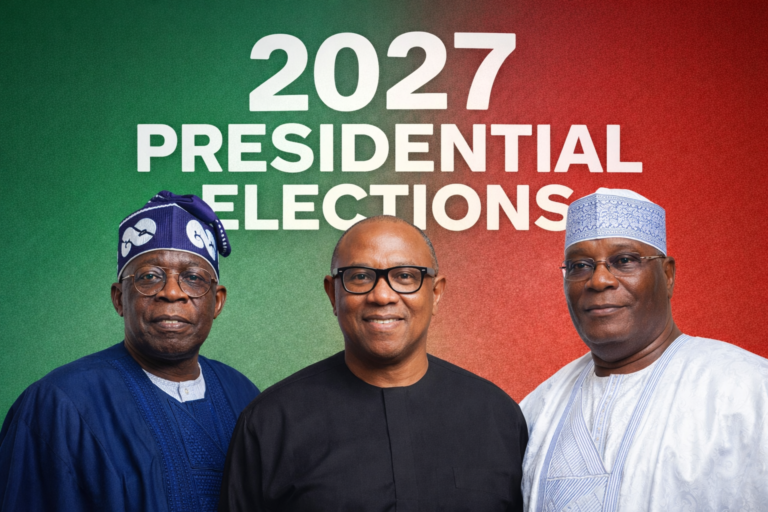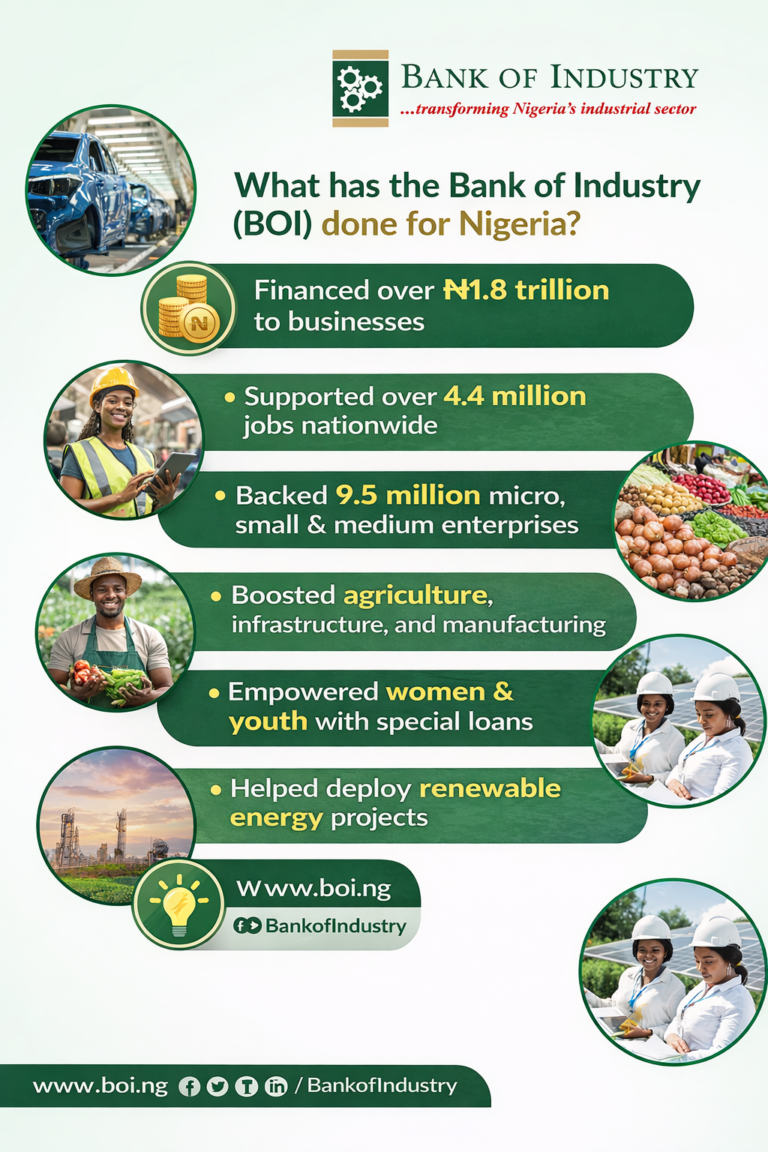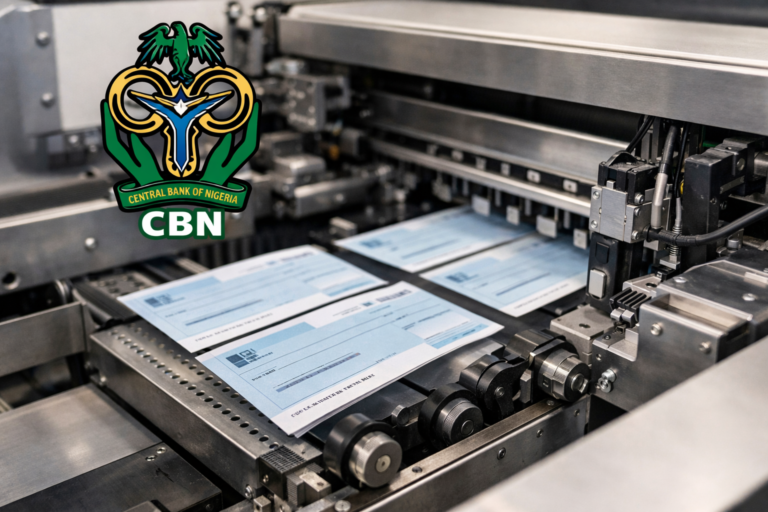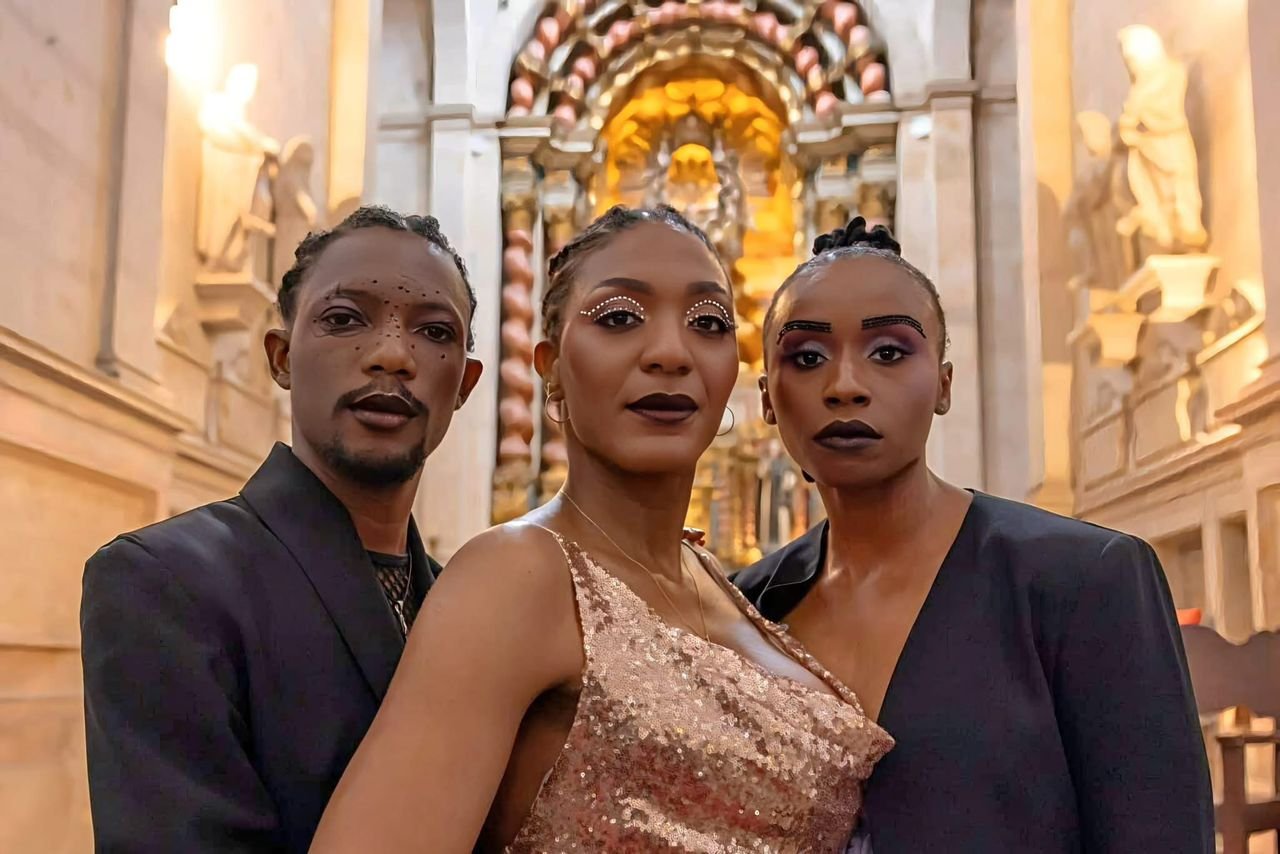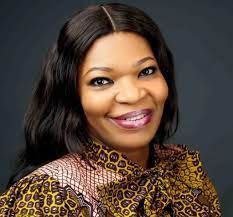For many professionals in Nigeria, the journey from university to career is a straight line. Study law, accountancy, or medicine, and then practice in those fields. But for Chukwudi Iwuchukwu, that line was never going to be straight. He earned his LLB from Madonna University and completed Law School, but from a young age his passion was never the courtroom — it was the newsroom.
Growing up in Onitsha, Iwuchukwu discovered a world beyond his hometown at the post office newsstand, where he would spend hours reading newspapers and magazines. Those pages revealed to him that there were people who lived different lives, achieved extraordinary things, and that he too could aspire to more. That spark lit a path that would eventually lead him to Lagos, where he reinvented himself in the fields of media, public relations, and digital communications.
Like many self-made Lagos professionals, Iwuchukwu’s rise was not paved with connections. Arriving in the city in 2015, he had no powerful networks or family to lean on. What he did have was persistence, a belief in the power of storytelling, and a willingness to put himself out there. Networking — a skill he admits did not come naturally to him as an introvert — became the foundation for his career.
Today, he runs his own PR firm, works with some of Nigeria’s biggest corporate names, and counts Tony Elumelu as both a mentor and client. His story is a case study in how consistency, authenticity, and value-driven networking can transform a career in Nigeria’s fast-moving business landscape.

Full Interview
In this candid conversation with Arbiterz, Chukwudi Iwuchukwu reflects on his early life, the role of networking in building his business, the evolution of digital connections, and his future plans — including an ambitious move into rice milling. His story is both personal and practical: a roadmap for young professionals navigating Nigeria’s complex, competitive economy.
Q: Good afternoon, Mr. Chukwudi.
A: Good afternoon, Ameenah.
Q: Can you tell us about your early life and educational background?
A: I was born and raised in Onitsha, Anambra State, where I spent all my formative years. I attended Dennis Memorial Grammar School, Onitsha, for my secondary education. After that, I moved on to Madonna University, still in Anambra State, where I studied law for five years and graduated with an LLB degree. From there, I proceeded to the Nigerian Law School, where I obtained my Bachelor of Law.
But while I was doing all this, one of the most powerful influences on my life was something completely outside formal education — my time at the Onitsha Post Office. That was where newspapers and magazines were sold. I would spend hours there, flipping through Vanguard, Punch, ThisDay, and lighter publications like Fame and Encomium. I read everything I could get my hands on.
It was in those pages that I first saw the world beyond Onitsha. I discovered people I admired, stories that inspired me, and a sense that my own life could be larger than the boundaries of my hometown. That experience planted the seeds of my love for media, even long before I ever imagined I would end up in PR or run a communications business in Lagos.
Q: Did that early media fascination inspire you to pursue a career in PR, despite studying law?
A: Absolutely. That experience at the post office shaped my path. By the time I was a teenager, I knew I loved media and storytelling. I used to tell my classmates in university that I wouldn’t practice law. They thought it was strange — why spend years studying law only to say you won’t use it? But for me, law was a foundation, a versatile degree. You can use it as a platform for anything — business, media, even entrepreneurship.
I saw the degree as a milestone: something to show I had gone through university, earned a professional qualification, and built discipline. But I always knew my heart was not in litigation. My heart was in media — in engaging people, shaping narratives, and telling stories.
Q: How important has networking been to your career journey?
A: Networking has been central. When I moved to Lagos in 2015, I knew no one. No godfathers, no mentors, no relatives waiting to introduce me to the right people. It was daunting.
But I discovered that networking doesn’t have to look like walking into a party, shaking hands, and handing out business cards. As an introvert, that wasn’t natural to me. Instead, I turned to social media. I started writing, posting, and sharing content. By consistently putting myself out there, people began to notice. That digital networking — slow at first — became the push that helped me find clients, partners, and opportunities.
It’s not an exaggeration to say that without networking, I wouldn’t be where I am today.
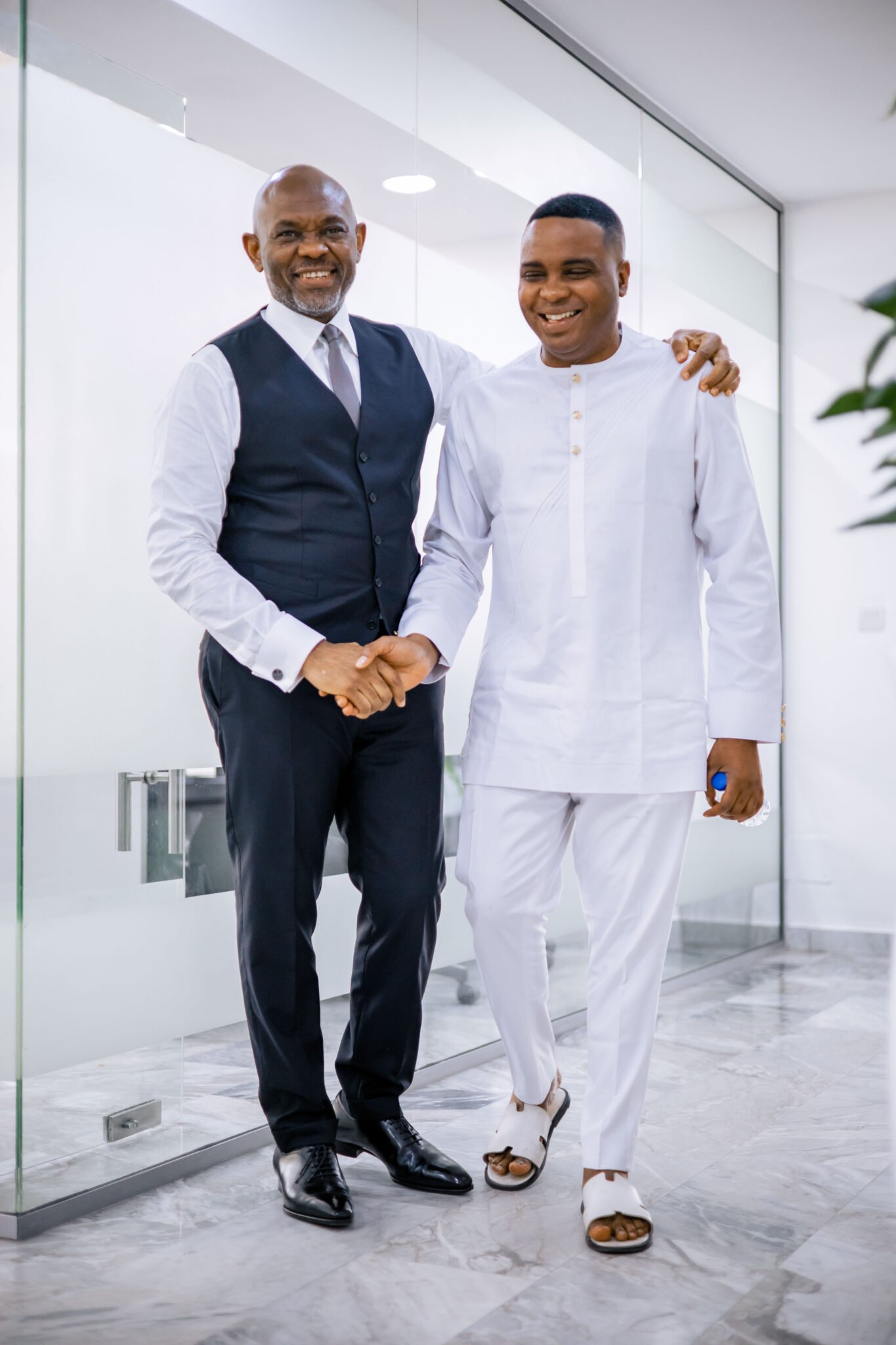
Q: What strategies do you use to build and sustain your network?
A: First, I take genuine interest in people. I don’t see networking as just collecting contacts or asking for favours. I pay attention to people I admire and those who are influential in my industry. I write about them, celebrate their achievements, and show interest in their work.
I also make a point of being present during their milestones — birthdays, anniversaries, major achievements. Even if it’s something as simple as their father’s birthday, I acknowledge it. Those small gestures go a long way. They show that you care, that you are paying attention. Over time, that builds a strong foundation of trust and goodwill.
Q: How do you balance networking with your other professional responsibilities?
A: The key is structure. My business has evolved to a point where I focus on client relationships and business development. I have a team that handles much of the day-to-day execution. That structure gives me the time and freedom to engage with people, nurture relationships, and keep building the kind of networks that sustain the business.
Q: What advice would you give young professionals about networking effectively?
A: Be yourself. Don’t try to fake it or pretend to be someone you are not. Authenticity is powerful.
Second, pay attention to others. Think about how you can add value to their lives or careers. When people see that you are genuinely interested in them, they are far more likely to open doors for you. Too many young professionals approach networking as “what can I get?” It works better if you flip it and ask: “what can I give?”
Q: Can you recall a pivotal moment in your career made possible through networking?
A: Yes, very clearly. In 2016, when I started my firm, I took a bold step. I rented and furnished an office in Allen, Ikeja. At that time, we had no clients. My friends thought I was crazy. They asked, “What happens if you don’t get a client? How will you pay the rent?”
I told them I had faith that things would work out. And two days before our official opening, I received a call from someone looking for services. They had no idea we had just set up. That call became our first client. From there, we got a second, then a third. That one phone call, which came because I had put myself out there, saved the business. Without it, I might have closed shop. That’s the power of networking.
Q: How has networking evolved in your industry?
A: It has changed dramatically. In the past, networking meant attending events, handing out business cards, and making face-to-face connections. Today, social media has completely transformed that.
You can now sit in your room and connect with someone in Ikoyi, VI, or Banana Island. You don’t have to attend every cocktail or party. For introverts like me, that has been a blessing. It means we can still reach our target audience without forcing ourselves into environments that drain us.
Q: What are some common networking mistakes people make, and how can they be avoided?
A: The biggest mistake is being too forceful. Nigerian elites are perceptive. They can smell desperation immediately. If you come across as pushy or too eager, they will pull away.
The right approach is to be calm, authentic, and valuable. Focus on being a person of substance. When people know you have real value to offer, they will come to you.
Q: How do you approach digital networking, especially on platforms like LinkedIn?
A: By creating fresh, relatable content. Content is the bridge. When people read something that resonates deeply, their natural instinct is to find out who wrote it. That curiosity often leads to conversations, partnerships, or even business.
So I see LinkedIn and other platforms not just as networking spaces but as publishing platforms. Your content is your calling card. If it’s good, people will notice.
Q: What challenges have you faced in networking, and how did you overcome them?
A: My biggest challenge was my introversion. I used to be shy. Networking comes easily to extroverts, but for me, it was uncomfortable. Over time, I forced myself to push beyond that. I told myself, “If you want to succeed, you must put yourself out there.” Slowly, I got better. Today, I’m more confident. But it was a struggle at first.
Q: What traits define a successful networker?
A: Originality, innovation, and faith. Be original, think creatively, and then trust that God will handle the rest.
Q: How do you build long-term, meaningful professional relationships?
A: By adding value. Always ask: “How can I make this person’s life or work easier?” Don’t lead with your own needs. If you consistently bring value to others, relationships grow naturally and sustainably.
Q: What role has networking played in the growth of your business?
A: It has been transformative. Networking took us from zero to where we are today. Without those relationships, I doubt we would have survived or grown at the pace we did.
Q: Can you share an example of a successful collaboration from networking?
A: Tony Elumelu. I admired him since my teenage years in Onitsha. Back then, my mother banked with Standard Trust Bank, and curiosity led me to find out who owned it. That was how I first learned about him.
Over the years, I started writing about him. Whenever he had a milestone, a birthday, or a new achievement, I would post about it and tag him. Six months ago, after one such post, his team reached out. Eventually, I met him.
Today, he is a mentor and someone I have access to.
I have also done business with UBA because of this.
Though the business is on pause now because the guy Ebube who used to be UBA head of digital marketing is no longer with the bank but I am hoping that we can resume the relationship soon from where we stopped
But the point is that the entire relationship grew from consistent visibility and genuine admiration.
Q: How do you approach networking in an international or cross-cultural context?
A: By respecting cultural norms. If you are dealing with Indians, respect their traditions and religion. If you’re dealing with people of a different faith, respect that. You cannot impose your worldview. The key is cultural sensitivity.
Q: What trends do you see shaping the future of networking? How are you preparing?
A: AI and social media. Traditional networking — events, business cards — is fading. Social media dominates, and AI will increasingly disrupt media and communication. To stay relevant, I am embracing both.
Q: What skills are essential for success in PR and digital media?
A: Knowledge, adaptability, creativity, and writing. You must stay informed, adapt to disruption, and be innovative. And if you can write well, you have a major advantage. Words remain powerful.
Q: What’s next for you? Any upcoming projects?
A: Yes. We are about to diversify and go into other sector that is totally different from media and communication.
I will announce my next move very soon.
Q: Thank you so much for your time, Mr. Chukwudi. We wish you the very best in your upcoming ventures.


